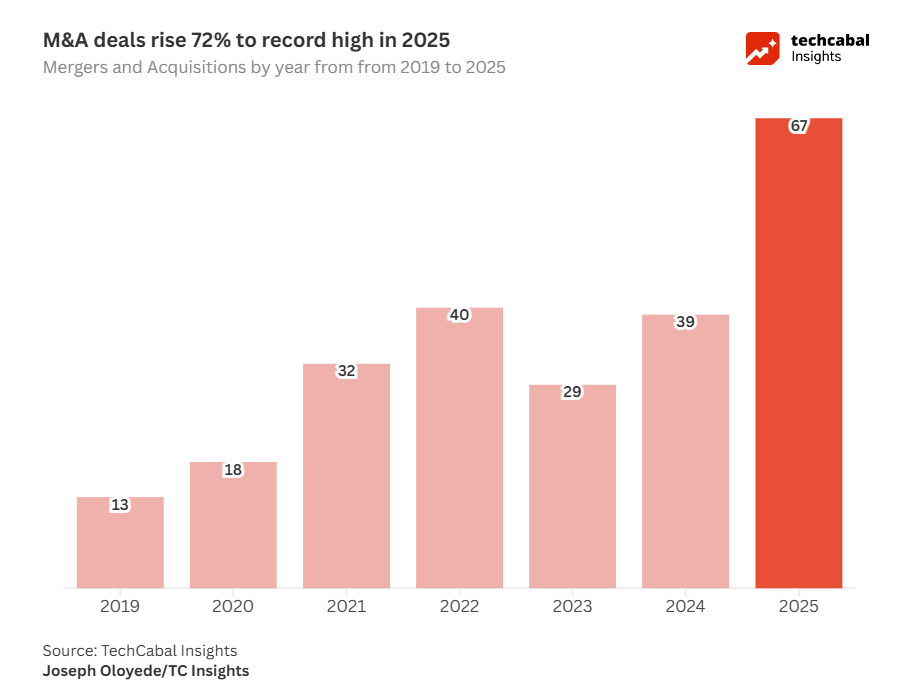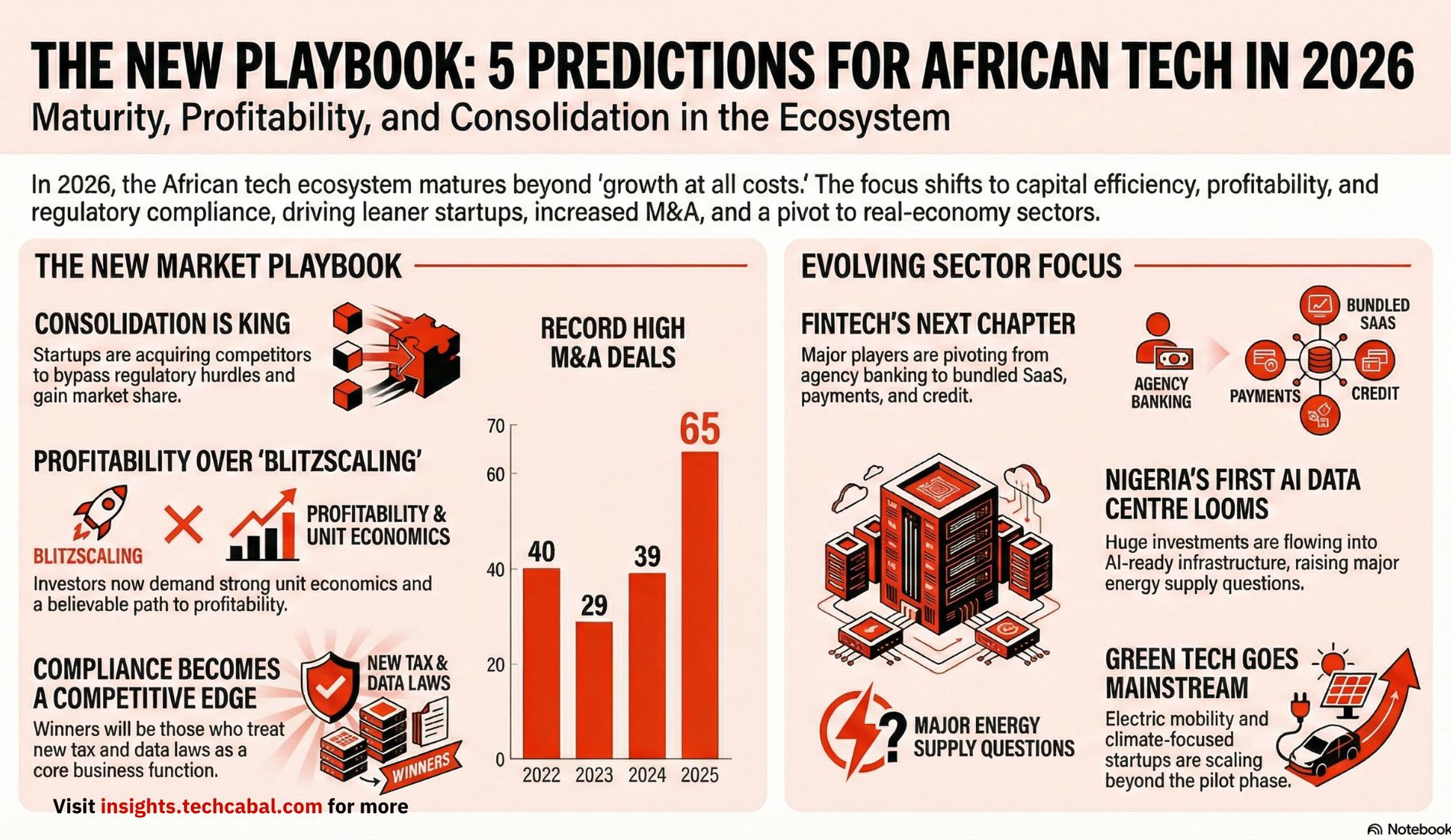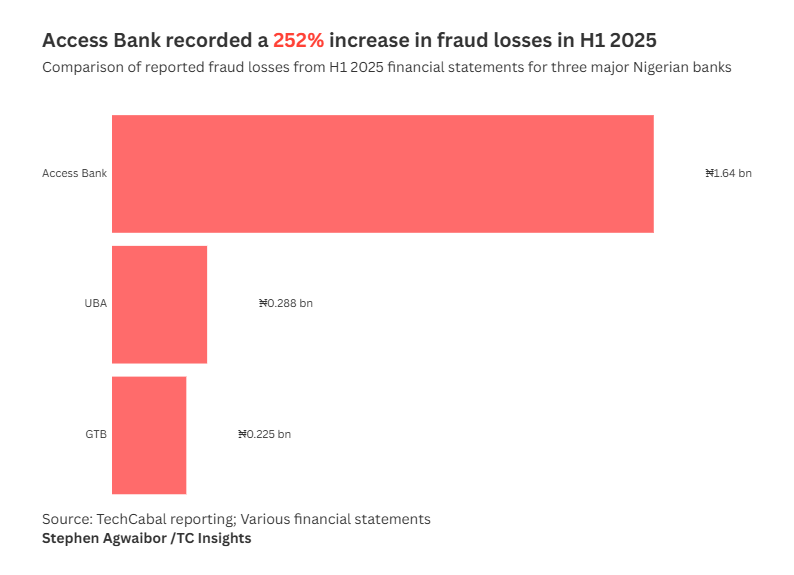In 2024, the funding landscape for African women-led startups hit a sobering milestone: a five-year low. Despite evidence that women-founded companies globally deliver stronger returns per dollar invested, they continue to receive less than 3% of venture capital (VC) funding. This problem is especially acute in Africa, where structural, cultural, and institutional challenges further deepen the gender divide in tech entrepreneurship.
To address this challenge, on Friday, March 14, 2025, TechCabal Insights hosted a virtual session commemorating International Women’s Day (IWD) to explore what needs to happen for the status quo to change.
A harsh reality check for women-led startups
Temitayo Ishola, CFO at Big Cabal Media and moderator, opened the TechCabal Live session with striking figures: “African women-led startups secured just about $48 million in funding, compared to over $2 billion for their male counterparts.” Only 10% of female-founded startups in Nigeria secured funding between 2019 and 2023.
Margaret Awojide, a data analyst at TechCabal Insights, highlighted additional barriers: investor bias, limited networks, underrepresentation in STEM, and structural restrictions in some African societies that require women to obtain family approval before launching a business.
ALSO READ: Understanding Digital Identity Fraud in Africa
Systemic barriers and pipeline challenges
Damilola Teidi-Ayoola of Ventures Platform attributed the disparity to a weak pipeline of women in STEM and tech: “What you don’t know, you don’t know. Many women didn’t get into tech or science early on, and so the pipeline for female-led tech startups is narrower from the start.”
She also pointed out the compounding effect of years of underfunding. “If you’re not funding women at pre-seed, they don’t make it to seed. If you’re not funding at seed, they can’t reach Series A. It just continues to narrow,” she said.
Ife Durosinmi-Etti, founder of Hereconomy, offered a hopeful contrast. Her platform supports women through grants, education, and community-driven funding. She shared the story of a founder who started with a ₦1.5 million grant and later raised over $1 million in funding. “Visibility brings trust,” she emphasised. “You need to build credibility—even 500,000 naira can be the foundation for something big.”
Esther Otusanya from Endeavor noted a key differentiator among successful women founders: resilience and strategic partnerships. “They optimise operations, maximise partnerships, and use tech to scale—even with limited capital,” she said. She stressed that traction, strong narratives, and data-driven pitches are what win over investors: “You must show that you deeply understand your target audience and can deliver profitability and scalability.”
[For data requests or research services, reach out to TC Insights via this link]
What needs to happen next for female-led African startups?
Panelists collectively stressed the need for both ecosystem-wide and internal reforms in VC firms. These include:
Intentional Diversity: “Have diverse investment teams. Gender-lens investing strategies must become standard,” said Damilola.
Dedicated Female-Focused Funds: Ife proposed more pitch-review programs and funds exclusively for female-led startups.
Network Access: Joining curated communities like Hereconomy, Opportunities Desk, Orange Corners, and Acumen can expose founders to key funding programs and partnerships.
Rethinking Grants: Panelists warned of the unintended consequences of over-relying on grants, which may make commercial investors hesitant unless aligned with long-term growth metrics.
Conclusion
Progress is happening, but it’s slow. As Margaret stated, “Equality is possible, but it requires intentional action.” More awareness, investment in pipeline development, and strategic ecosystem reforms are needed to unlock the full potential of African women in tech.
Download the IWD report here. Let’s move from conversation to action.










